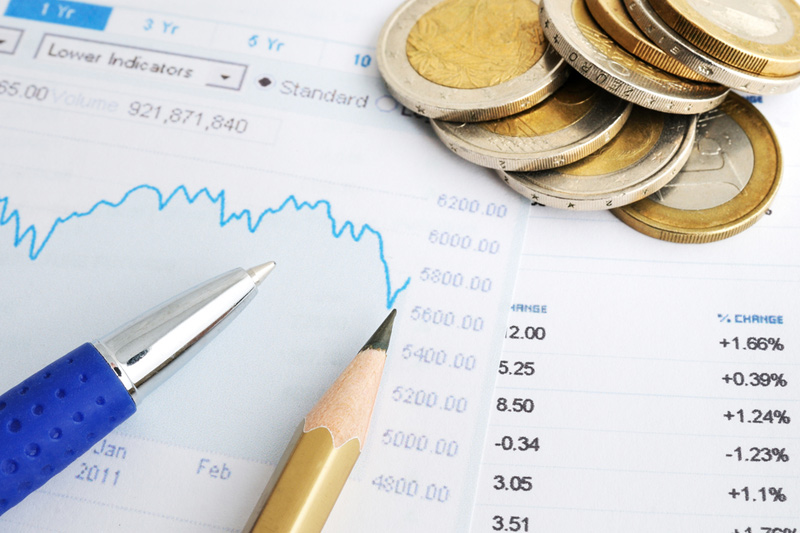Compelling PMI Figures in Australia Indicate a Soft Landing
Australia's preliminary Purchasing Managers' Index (PMI) indicated an improvement in economic activity in the last quarter of the year, coinciding with a continued decline in inflation indicators. Judo Bank's flash composite PMI index rose to 49.8 in October from 49.6 in September, where private sector output declined for the second consecutive month. The data revealed that faster incoming new business in the services sector led to quicker growth in new orders, thus accelerating job creation. Matthew De Pasquale, an economist at Judo Bank, stated, "The services sector, which accounts for over 80% of Australia's economic output, is performing much better." The report contributed to recent signs of the economy regaining strength, which has been struggling with recession due to rising mortgage interest rates. There is speculation of the Reserve Bank of Australia (RBA) moving toward interest rate cuts in the coming months, amid rising job indicators and consumer confidence. The mild recovery in growth and diminishing inflation pressures support the likelihood of a soft economic landing by 2025. Key factors currently bolstering the economy include income tax cuts in July, significant federal and state infrastructure spending, and the RBA's decision not to increase rates as aggressively as other central banks. However, the manufacturing sector continues to face difficulties. The manufacturing PMI decreased slightly to 46.6 from 46.7 in the previous month. The manufacturing employment index also fell again in October, yet the overall picture is supported by the strength in services, which comprise over 80% of the country's economic output. The services sector PMI rose from 50.5 to 50.6, continuing to strengthen above the threshold level.


